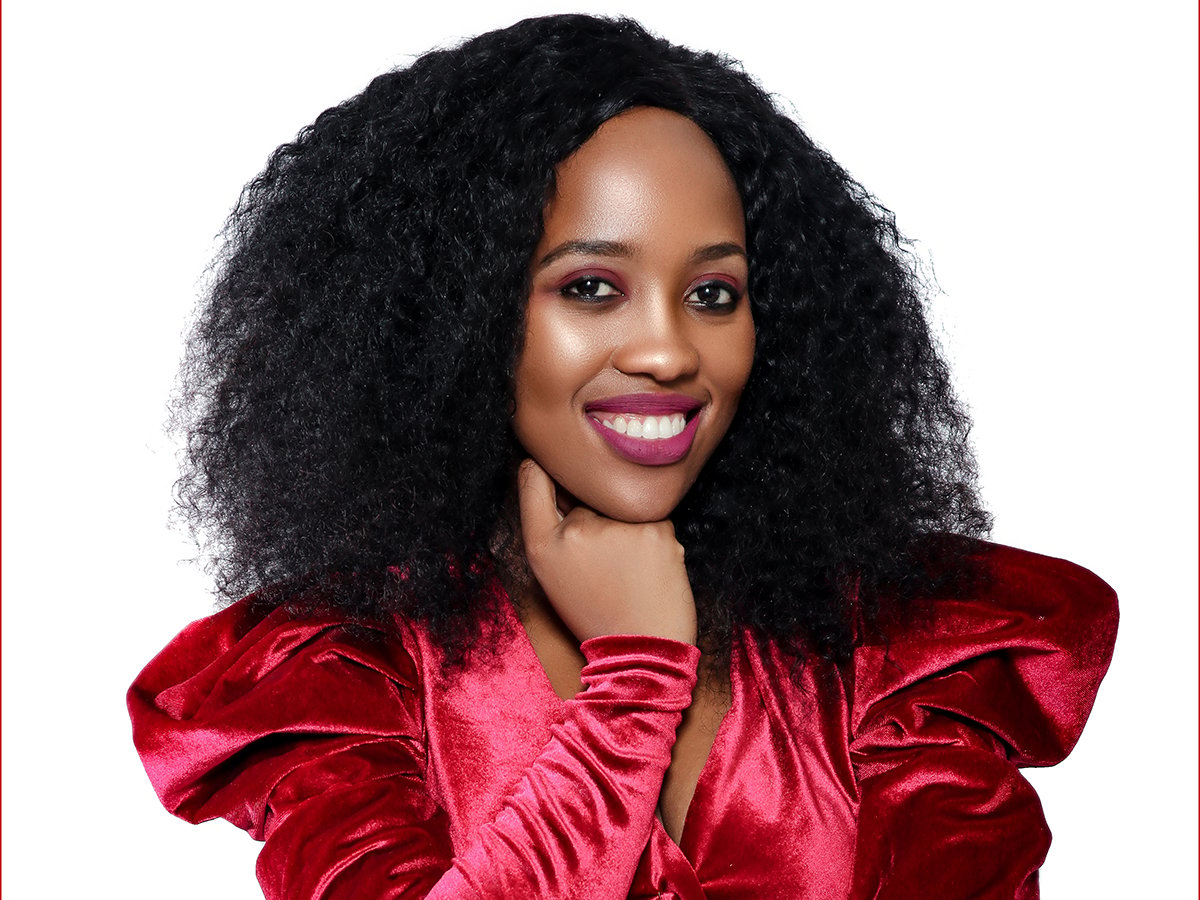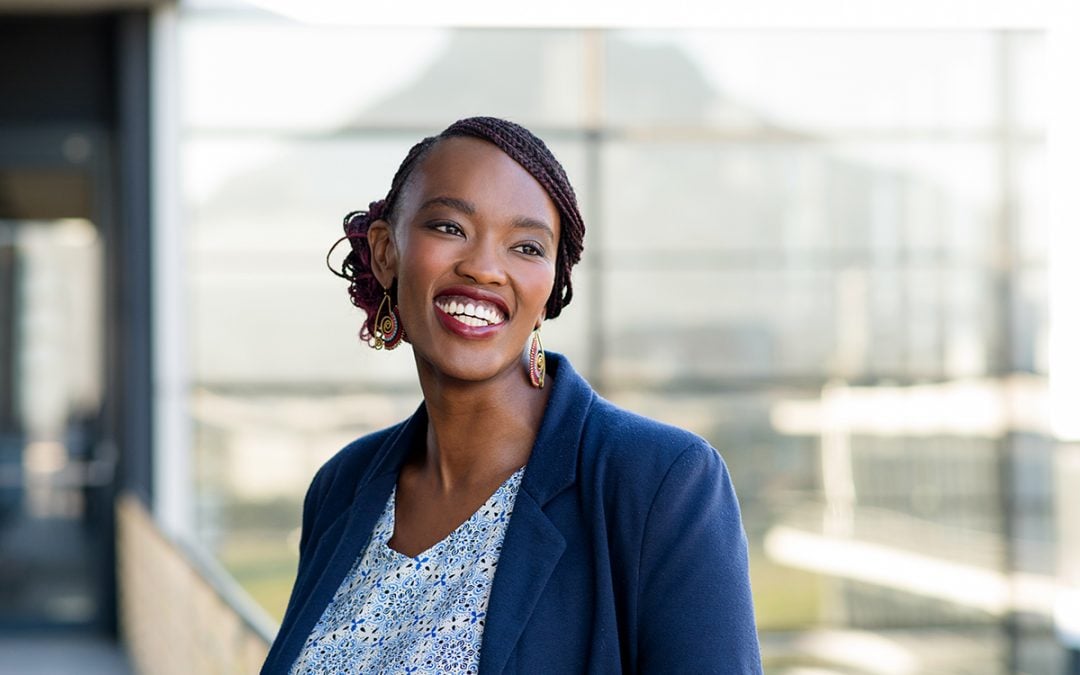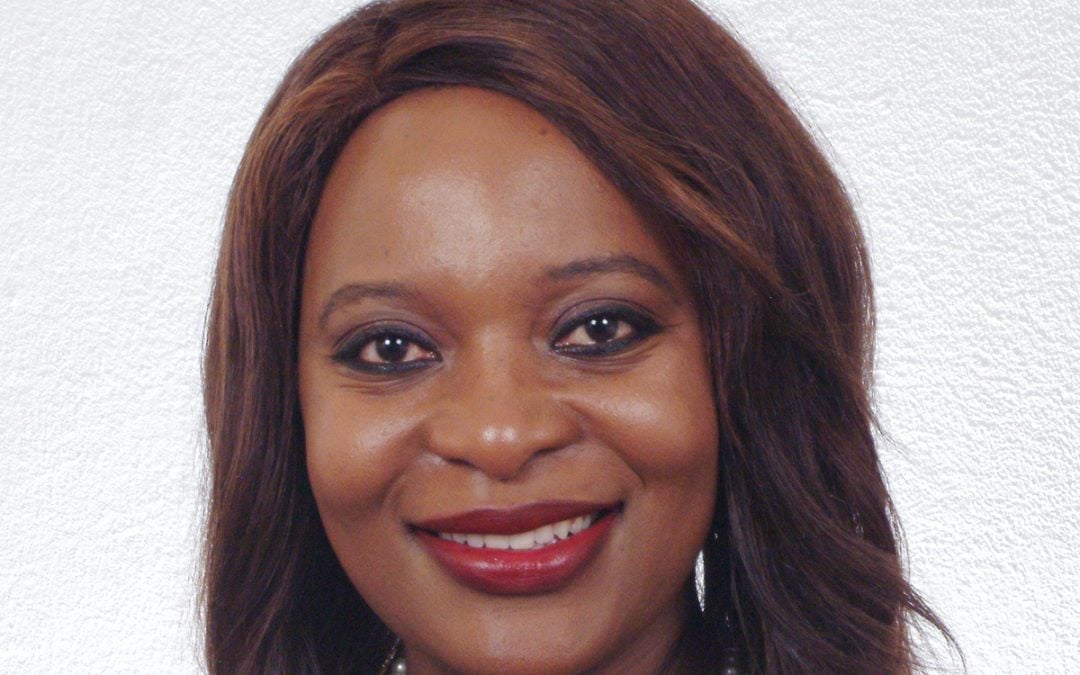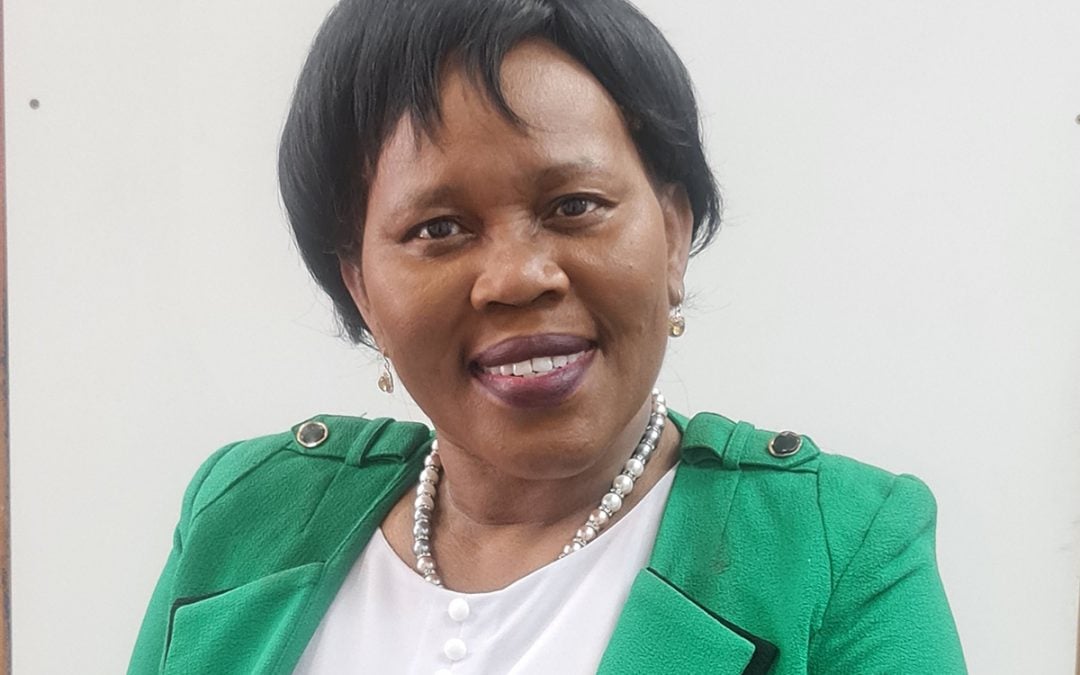Bloemfontein-based midwife, Sebabtso Tsaoane, wants to see a South Africa where all women have access to sexual reproductive healthcare.
After having been diagnosed with endometriosis and undergoing a laparoscopy, Tsaoane started to have conversations about sexual reproductive health with other women around her — this is when she realised that many women suffer from serious ailments in silence. Then a nursing student, Tsaoane decided to start her NGO — Black Woman Arise Women’s Health Foundation — with the intention to demystify sexual reproductive health for women.
“It does not help to only empower women politically, economically and in other areas, and neglect to empower them in the area of their health. Sexual reproductive health has a significant impact on a woman’s physical and mental health, and this affects how women show up in the world. For example, many young girls miss school because of period poverty and older women tend to miss work days due to health challenges caused by endometriosis, fibroids and polycystic ovary syndrome, to name but a few. Women’s bodies have been politicised and policed for the longest time — we now need to be empowered to make informed decisions regarding our bodies and health. Especially as this can affect generations to come,” says Tsaoane.
There are a number of cultural and religious beliefs, as well as socioeconomic factors, that can prevent black women from looking after their sexual reproductive health in comparison to women of other races. “There is a lot that women are not informed about and I feel that conversations where women are being educated and engaged need to come into more focus,” she says.
At the same time, Tsaoane notes that nurses and midwives are not as celebrated as other medical professionals and she would like to see this come to an end. “I do hope I get to see a time when women in my field are more respected and receive more recognition. Nurses and midwives put their lives on the line to protect and heal those in their care, sometimes under extremely unfavourable circumstances,” she explains.
Originally from Sediba-Skema in Thaba Nchu, Tsaoane moved to Bloemfontein to pursue a degree in psychology. She changed her course to nursing after realising how many years it would take to complete a psychology degree. This is a decision she still believes she was led to by fate. When her late father became ill, she was able to take care of him as she was doing her clinic hours at the same hospital where he was admitted. This hospital is also where Tsaoane was introduced to midwifery and where her passion for advocating women’s reproductive rights was sparked. She is completing her master’s in nursing with a focus on sexual reproductive health, while also working as a midwife and running a food business. “Beyond excelling in the field as it is, I would love to see more of us embracing the entrepreneurial model of nursing and midwifery in different forms. I would love to see more nurses and midwife bosses. This will also allow children to see that there are countless career opportunities within the profession,” she says.
I do hope I get to see a time when women in my field are more respected and receive more recognition. Nurses and midwives put their lives on the line to protect and heal those in their care, sometimes under extremely unfavourable circumstances.




























